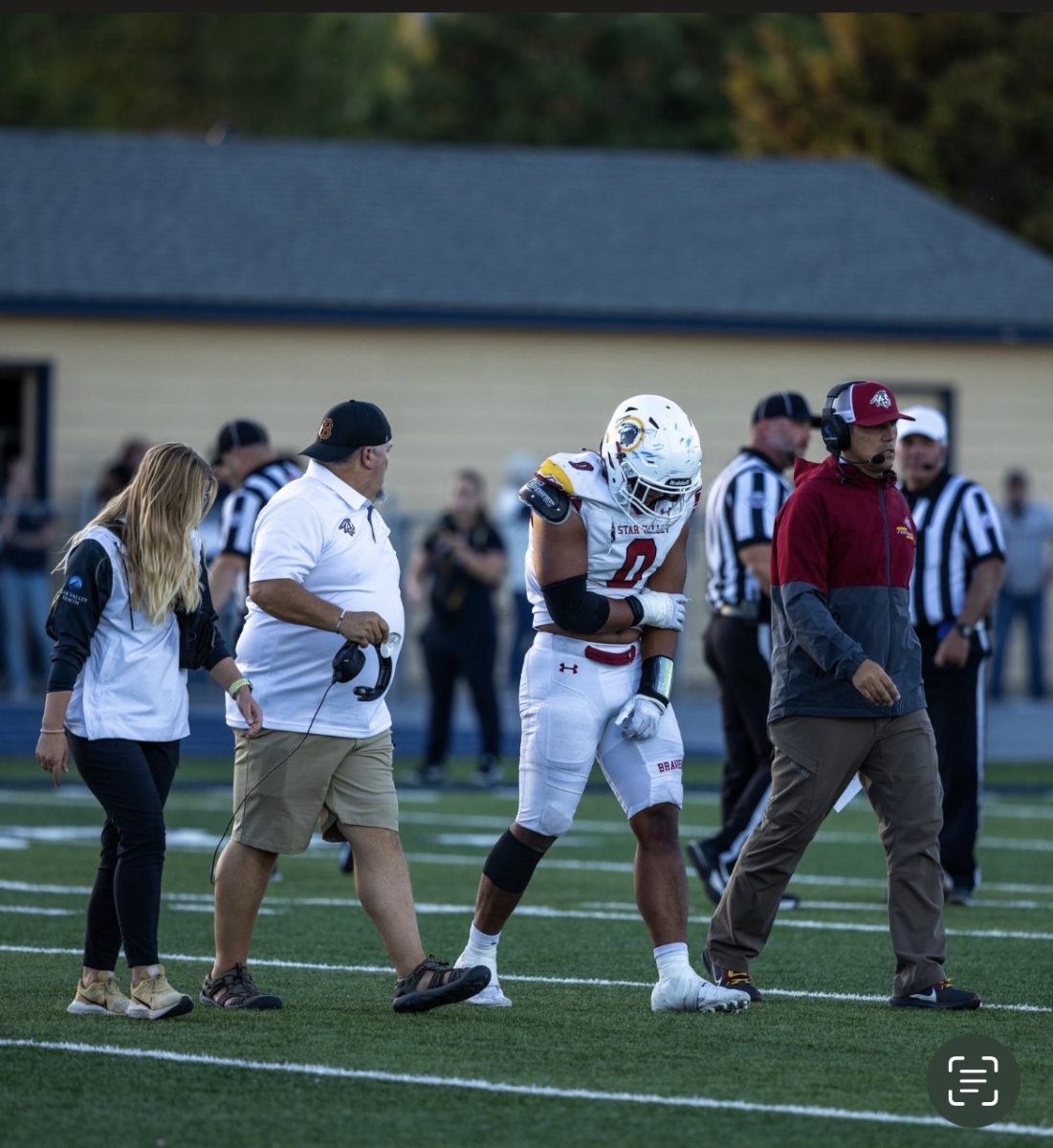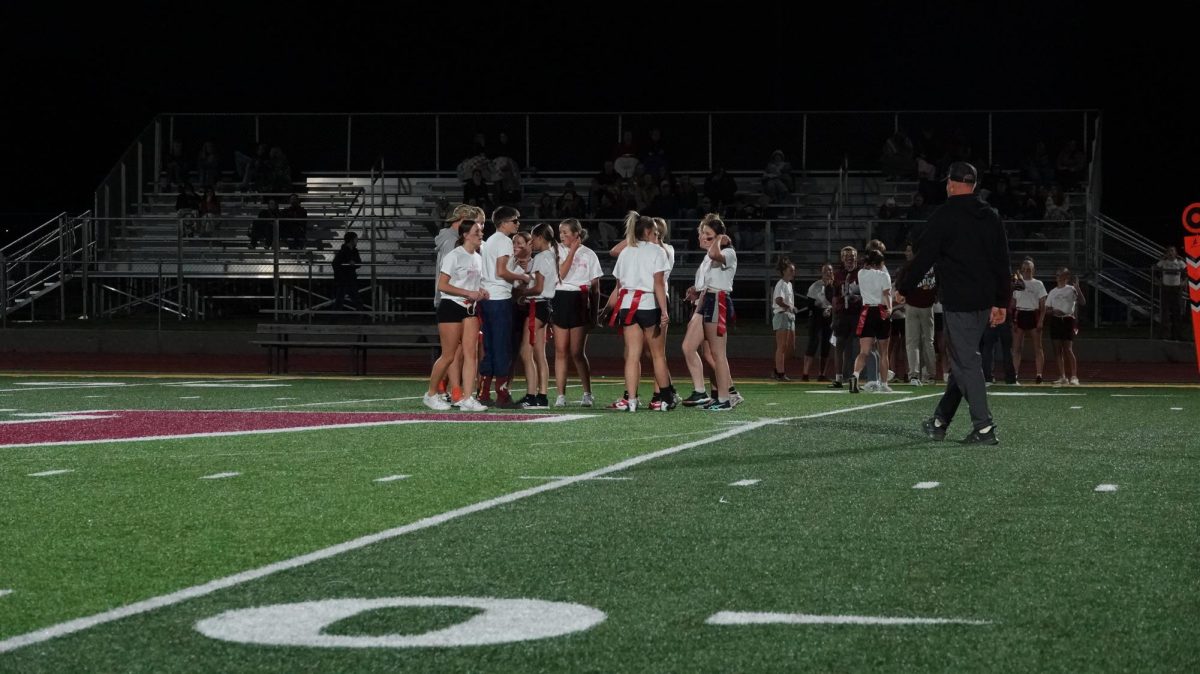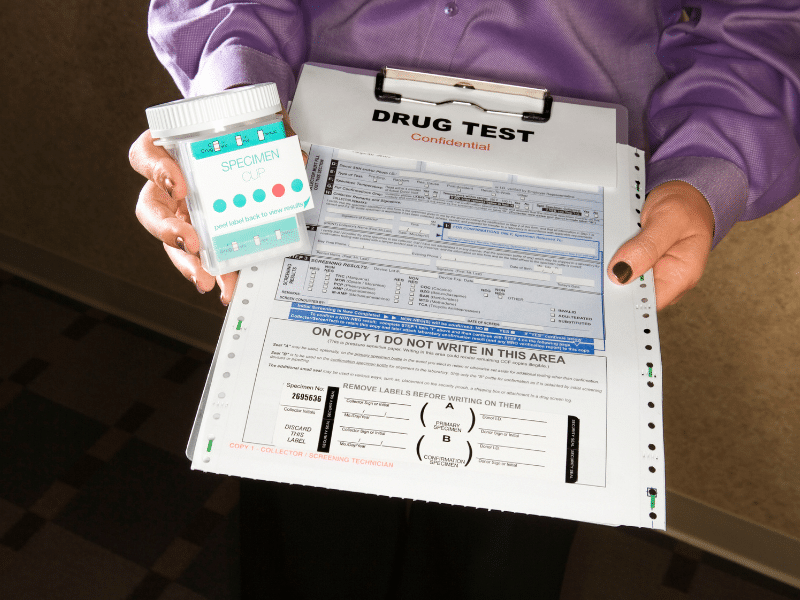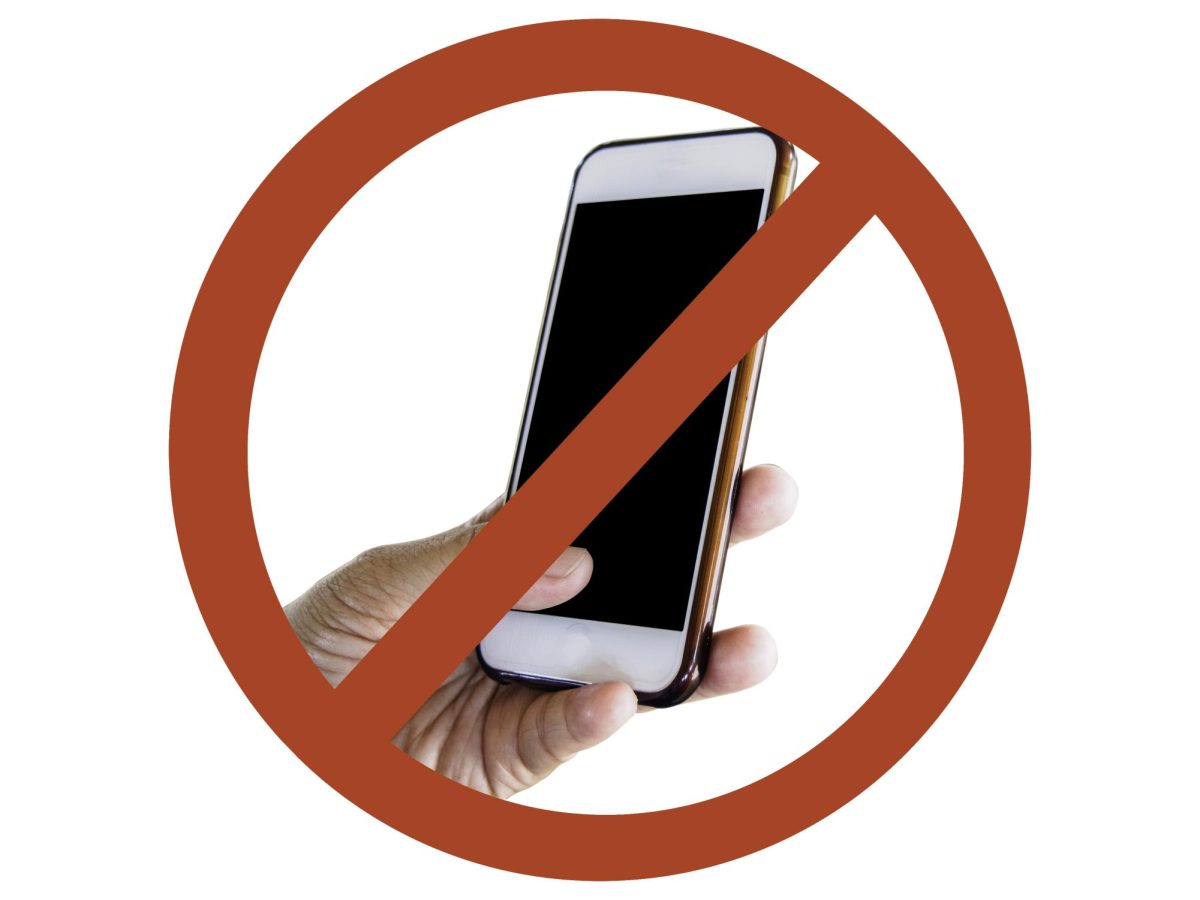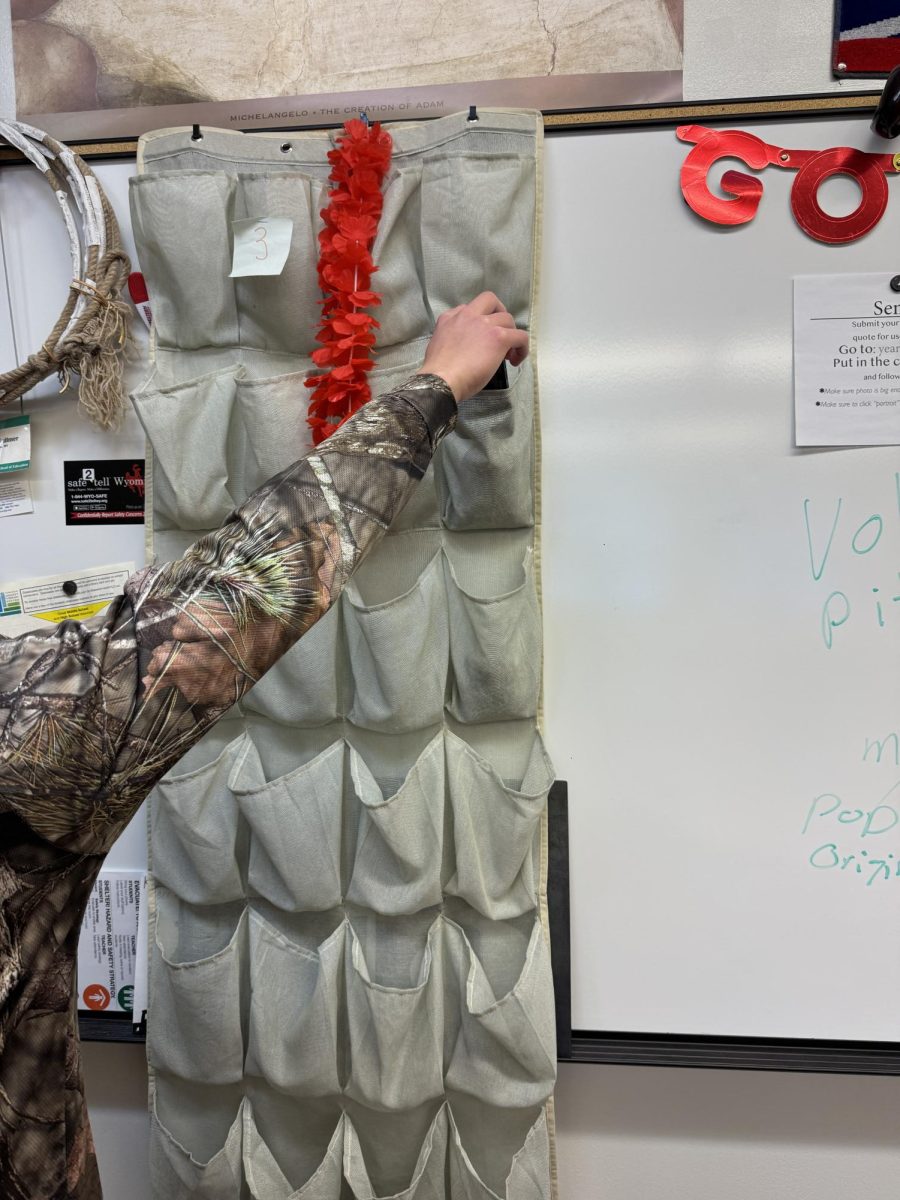On November 20th administration began a school wide emphasis on enforcing the school phone policy. This came after a letter was sent from the Governor of Wyoming Mark Gordon encouraging schools in to evaluate, establish, and strictly enforce cell phone use during the school day.
The Governor further explained that there is emerging evidence that unrestricted cell phone use can both negatively impact academic performance and lead to increased classroom disruptions. “Unchecked cell phone usage poses a significant threat to both the educational experience and the mental well-being of our students. Moreover, there is a concerning link between cell phone and social media usage and rising mental health issues, such as anxiety, depression, eating disorders, and even suicide attempts among students. It is often the tool of choice in student bullying and harassment incidents,” said Gordon.
Also in the letter, State School Superintendent Degenfelder added her insight and said, “As technology continues to increase opportunities for our students, we must also carefully consider how to preserve and protect the instructional environment on behalf of those same students— not only for the wellbeing of students but for our teachers.”
SVHS policy states that no phone or listening device should be in use from bell to bell, and that teachers are allowed to confiscate phones if they see them at all. Much of the student body have had to make an abrupt change to their phone usage in school. Their failure to do so will result in their phone getting confiscated and a 30 minute detention. Students get their phones back at the end of the day for the first offense. The second offense also results in confiscation plus an hour of detention and getting your back and the end of the day. Parents or guardian will be contacted and suspension or further detention will be added upon the third offense.
With widespread shock across the school, some of the student reactions have been on both ends of the spectrum of accepting it and the possible benefits that will come to other kids that do not agree with the policy and think that it is just another way for the teachers to make them get off their phones.
Senior Dylan Kallgren said, “There are definitely benefits of having the phone policy, but I know that there are some kids that won’t like it and try to rebel if they get their phone taken away. I know for me it helps me stay focused and not be distracted. I also see disadvantages, however, and one of those is not being able to listen to music when we are working.”
“I think its a good idea but then not at the same time. I think a couple of benefits are that we pay attention more in class and we are more present in school, but then again I feel like it’s making kids want to be more on their phones more just to be rebellious. To go along with that I see kids on their phones more during passing periods than before the phone policy, and so now they aren’t talking to their friends as much,” said senior Kynzee Hurd
Principal Mr. Haderlie ultimately has to make sure the phone policy is enforced. He said, “At the end of the day, my hope with our new cell phone/electronics policy is to have students engaged with the content of the course they are taking for the duration of the class—which is 64 minutes. One other thought along this line is to minimize distractions so our teachers can teach.”
Surprisingly, Haderlie reported that there has been minimal pushback from the students. He said that in meetings with parents, most are in full support of cell phone restrictions and may even support stricter policies for their use than the current one.
Many students are hoping this new focus on restricting cell phones will die down and go away. Its longevity most likely depends on how consistently teachers and administrators continue to enforce the policy.
1 2
2 3
3
















